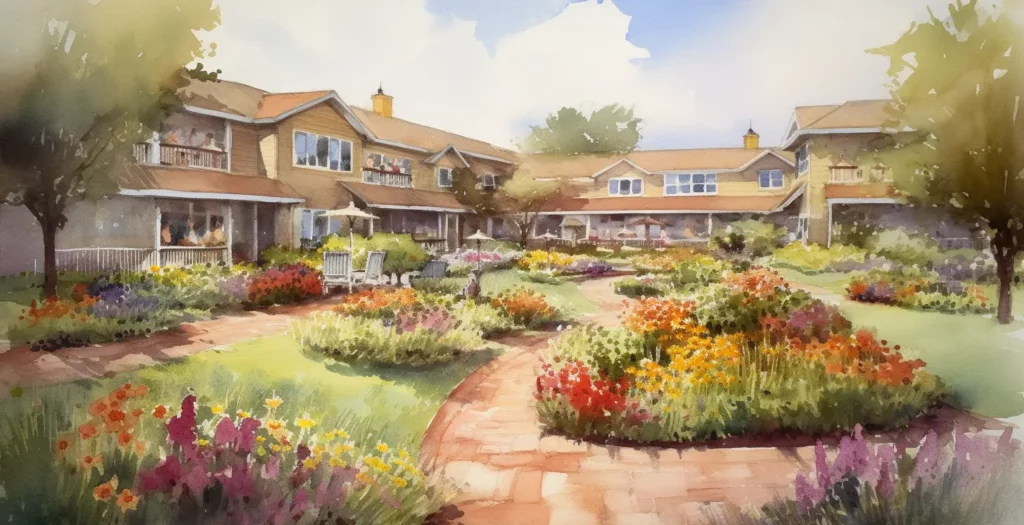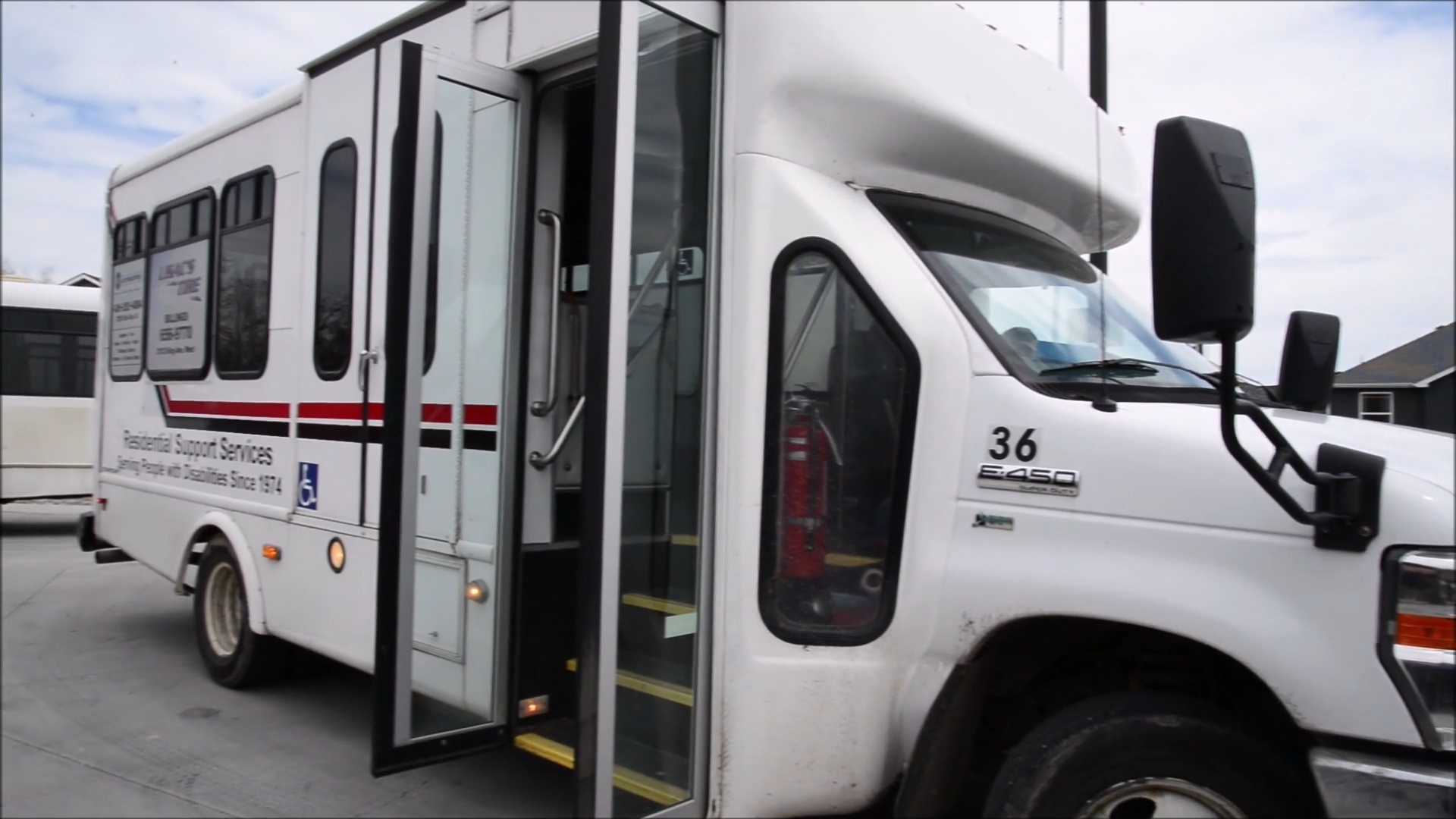As we strive to provide the best possible care and support for our loved ones with developmental disabilities, it is essential to understand the principles of person-centered care. Person-centered care is an approach widely used today in assisted living facilities to ensure that each individual’s care is specifically tailored to their needs, preferences, and goals. Residential Support Services (rssmt.org), a private non-profit organization in Billings, MT, is deeply committed to offering personalized care plans for residents with developmental disabilities and help them achieve more independence within the community. In this blog post, we will explore the concepts of person-centered care, how it is implemented within assisted living services, and the unique benefits it provides.
In traditional models of care for individuals with developmental disabilities, support services would often fall short in recognizing the unique needs of each person. Consequently, individuals would not receive the tailored care necessary to foster their growth and independence. However, person-centered care emerged as a solution in transforming the way care services were delivered. It prioritizes the individual’s voice, values, preferences, and personal goals in creating an effective care plan.
At Residential Support Services, the focus is on implementing person-centered care within assisted living services. This involves a comprehensive understanding of the individual’s unique qualities and desires, such as their cultural background, communication style, favorite activities, and relationships with family or friends. In this context, support planning and decision-making processes actively include the individual, their family members, or other key individuals, fostering a team effort in achieving the desired objectives.
By embracing person-centered care, Residential Support Services empowers its residents with developmental disabilities to reach their full potential within the community. With a friendly, state-certified, and trained nursing staff, residents receive the personalized support they require while venturing into a range of self-fulfilling day programs. Moreover, the organization’s commitment to making public transportation accessible within a 20-mile radius of Billings, MT, further enhances their mission to foster increased independence for its residents.
In the following sections of this blog post, we will delve further into various aspects of person-centered care, and how it is brought to life in the Residential Support Services community. You will gain insights into the methods used to design tailored care plans and learn more about the valuable role of family involvement, staff training, day programs, and accessible transportation in achieving person-centered care and fostering independence. Stay tuned to acquire vital knowledge that could benefit you and your loved ones as you strive to provide the most comprehensive and effective care possible.
The Principles of Person-Centered Care
Person-centered care represents a profound shift in how support services are provided to individuals with developmental disabilities. As an essential component of modern assisted living services, it emphasizes the need to view each person as a unique individual, rather than merely a recipient of care. The key principles that form the foundation of person-centered care are:
- Respect and dignity: Recognizing the value of each person and treating them with the utmost respect and dignity, regardless of their abilities or disabilities.
- Individuality: Respecting each person’s uniqueness by tailoring care and support to reflect their specific needs, preferences, and personal goals.
- Choice and control: Supporting individuals in making informed decisions about their care and providing them with as much control as possible over the resources allocated to their support.
- Collaboration: Encouraging collaboration between the individual, their family, friends, and support staff, to develop and implement a personalized care plan.
By implementing these principles in their services, Residential Support Services endeavors to create an inclusive, nurturing, and supportive environment that empowers those with developmental disabilities.
Developing Tailored Care Plans with a Focus on Goals
A critical aspect of person-centered care lies in creating tailored care plans that focus on achieving the personal goals of each individual. The process begins with a comprehensive assessment of the person’s strengths, interests, preferences, and desired outcomes.
At Residential Support Services, this involves discussions with the person, their family members, the support team, and other essential stakeholders. Information gathered from various sources is used to identify specific goals and objectives, which are then prioritized and incorporated into the individual’s care plan.
By setting realistic and achievable goals, Residential Support Services ensures that their residents are motivated and engaged in their own progress. Additionally, regular progress reviews are conducted to monitor the individual’s development and make adjustments to their care plan if necessary.
The Role of Family and Support Networks
Family members and support networks play a vital role in achieving person-centered care. At Residential Support Services, families are central to the planning and decision-making processes, providing invaluable insights into their loved one’s needs and aspirations.
Regular meetings, workshops, and consultations with family members foster open communication and a collaborative approach in designing, implementing, and refining care plans. This partnership not only helps develop a shared understanding of the individual’s goals, but it also ensures that everyone involved is committed to supporting their journey toward greater independence.
Staff Training and Ongoing Professional Development
Delivering person-centered care requires knowledgeable and skilled staff who can identify and adapt to the diverse needs of their residents. Residential Support Services invests in professional development and ongoing training for its nursing and support staff, ensuring that they stay up-to-date with best practices in person-centered care.
This continual learning environment empowers staff to build strong relationships, develop effective communication strategies, and become better at recognizing subtle cues from residents. As a result, they are better equipped to provide the personalized and responsive care that is essential for the well-being and growth of their residents.
Day Programs and Accessible Transportation: Fostering Independence
Self-fulfilling day programs enable individuals with developmental disabilities to explore their interests, develop new skills, and build social connections, all of which foster independence. Residential Support Services offers a range of activities designed to align with the preferences and personal goals of each resident.
These programs encourage learning, creativity, and active participation, providing residents with the opportunity to experience a sense of achievement and greater independence. Moreover, the organization’s commitment to providing accessible public transportation within a 20-mile radius of Billings, MT, further enhances opportunities for residents to engage with their local community and supports their journey to independence.
Conclusion
Person-centered care is a transformative approach in assisted living services for individuals with developmental disabilities. By focusing on the unique needs, preferences, and personal goals of each resident, Residential Support Services helps them achieve a greater sense of independence and self-worth.
Are you or a loved one in need of assisted living services? Look no further than Residential Support Services! Our person-centered care, trained nursing staff, and relaxing day programs make us the perfect choice for those looking for comfortable and supportive homes for assisted living. Contact us today to learn more and schedule a tour.









